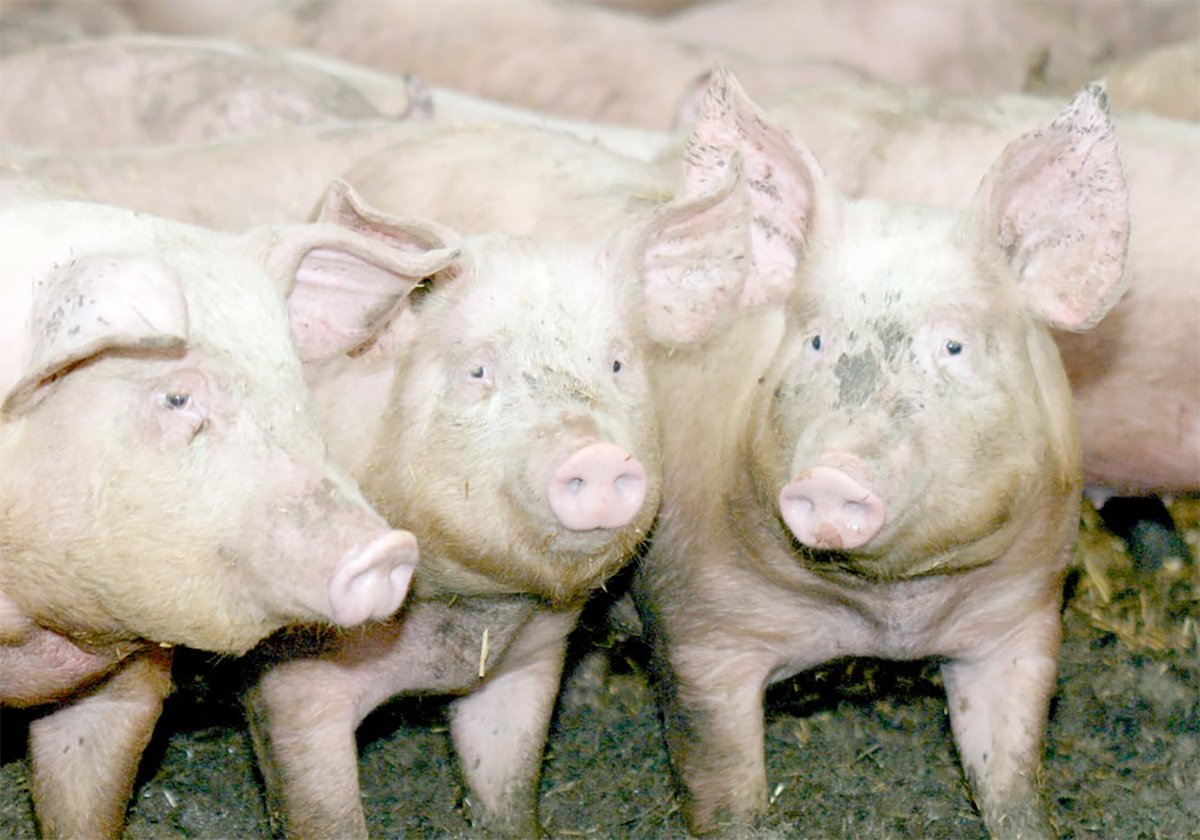A six-year-old dairy cow from the Edmonton area has tested positive for BSE, said the Canadian Food Inspection Agency Feb. 26.
It’s Canada’s 12th case since 2003 when BSE was discovered in a cow in northern Alberta.
CFIA senior veterinarian George Luterbach said BSE cases would likely continue to appear because of Canada’s extensive testing program.
“While always unwelcome, it is recognized a small number of cases, on the road to eradication, is not totally unexpected.”
More than 200,000 Canadian animals have been tested for BSE. The low number of positive animals is evidence BSE is not common or widespread, he said.
Read Also

The Western Producer Livestock Report – November 13, 2025
Western Producer Livestock Report for November 13, 2025. See U.S. & Canadian hog prices, Canadian bison & lamb market data and sales insights.
“It is very supportive we’re on the right track.”
Luterbach said the cow showed signs of failing health and eventually became a downer animal unable to stand. Because it fit the criteria of animals to be tested for BSE, the cow was euthanized and a sample of its brain sent to the provincial lab. After confirmation, a second sample was sent to CFIA’s lab for a second check.
Luterbach said the age of the animal is approximately the same as previous BSE cases.
CFIA will now initiate a two-pronged investigation. Using dairy records, investigators will track the animal’s herd mates born within a year of the animal. Cattle are most susceptible to BSE in their first year of life.
Investigators will also look at the feed, and sources of protein in the feed given to the animal in 2001, when it likely became infected.
“Our investigation to date finds elements of commonality with the feed,” Luterbach said.
The Canadian Cattlemen’s Association said the new case would not affect Canada’s controlled-risk country status recognized by the World Animal Health Organization.
“Based on science, it is not expected that this case should impact access to any of Canada’s current international markets for cattle and beef,” said the CCA in a news release.
The American cattle protectionist group R-CALF said the new case is proof that Canada’s BSE problem is getting worse and the Canadian cattle herd is a significant risk to American beef producers.
The U.S. Department of Agriculture Rule 2 for older animals would have allowed this cow to be imported into the U.S. before it began to exhibit clinical signs of BSE, said R-CALF president Max Thornsberry.
“It is near certainty that the U.S. will import BSE-infected cattle from Canada under the … rule, and that these cattle will continue to incubate the disease right here in the U.SA.,” said Thornsberry.














